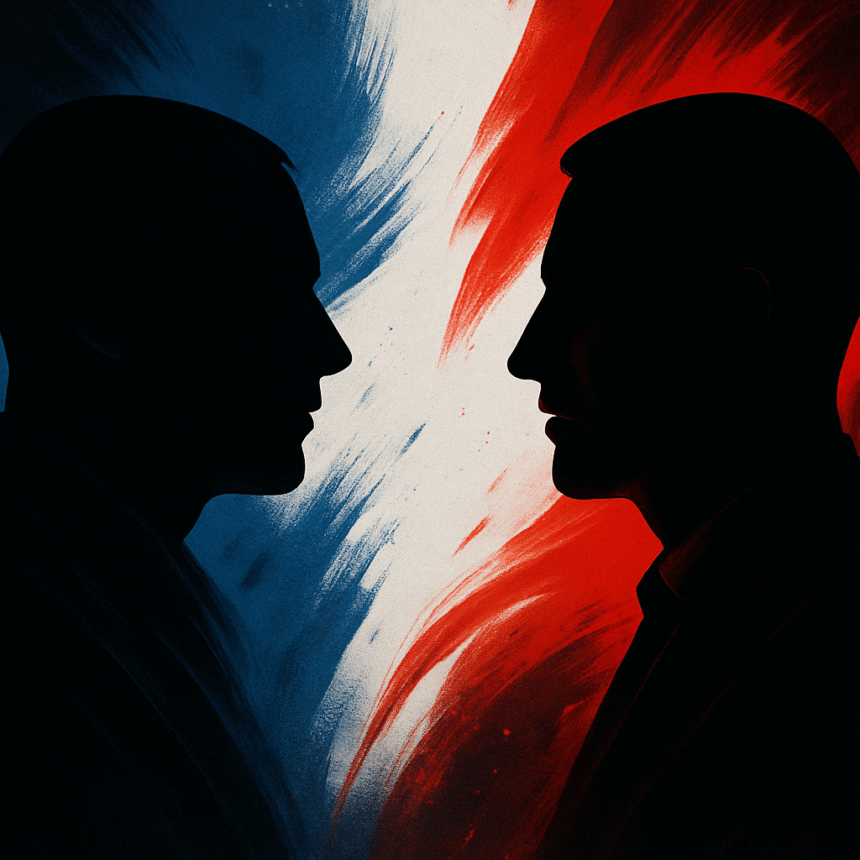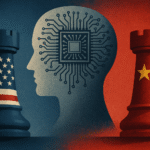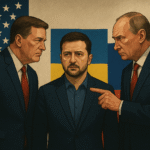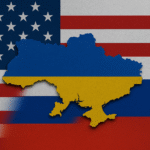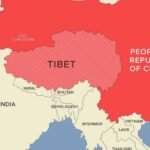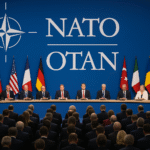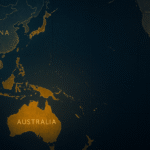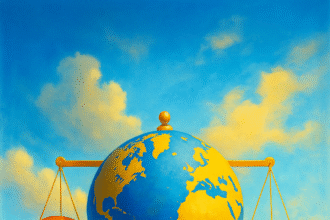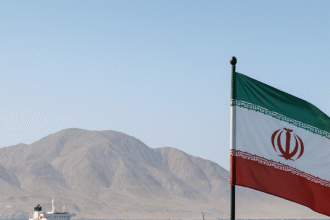In just three days, France will go to the polls for one of the most consequential elections in its modern history. What began as a surprise move by President Emmanuel Macron — dissolving the National Assembly after a crushing defeat in the European Parliament elections — has now escalated into a moment of reckoning for French democracy.
At the center of it all is the National Rally, the far-right party once considered fringe, now on the cusp of power.
Led by Marine Le Pen and fronted in this campaign by her 28-year-old protégé, Jordan Bardella, the RN is polling higher than ever. If it wins an outright majority, France could see its first far-right government since the Vichy era — a shift that would ripple across Europe and the global stage.
A Fractured Political Landscape
Macron’s centrist Renaissance alliance is struggling to recover lost ground, while the left has rallied — though not seamlessly — under a new coalition, the New Popular Front. The challenge: unify just enough to prevent the RN from crossing the majority threshold.
But momentum is clearly on the side of the right. Bardella, polished and media-savvy, has become a social media phenomenon, winning over young voters on platforms like TikTok while positioning the RN as a party of “order” and “patriotism.”
Critics, however, warn that beneath the slick rebranding lies the same exclusionary nationalism that has long defined the far right. Immigrants, minorities, and civil rights groups are watching the election with anxiety.
What a Far-Right Win Could Mean
- Domestic Policy Shift: Expect tougher immigration rules, stricter law enforcement, and culture war flashpoints to dominate national debate.
- EU Relations Strained: An RN-led government would likely take a more confrontational stance with Brussels — not necessarily seeking a “Frexit,” but aiming to claw back sovereignty in key areas.
- Echoes Beyond Borders: A win for the far right in France could energize similar movements across Europe — particularly as Germany and Italy face their own internal political shifts.
A Nation at a Crossroads
France’s election is no longer just about seats in parliament — it’s about the direction of the Fifth Republic itself. In a Europe where populism is once again on the rise, this vote will be closely watched not just in Paris, but in Washington, Berlin, and beyond.
Whatever the result on June 30, the outcome will shape not just who governs, but what kind of country France wants to be.

